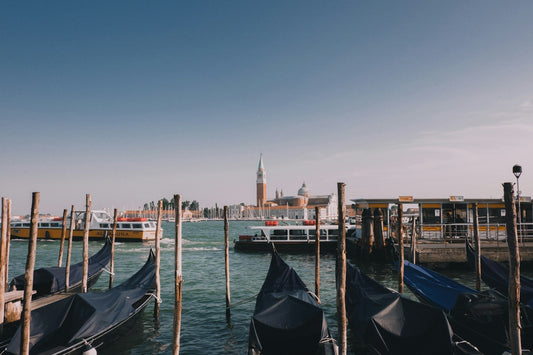The Sound of Silence
Share

The holidays are approaching. This is the time to recover, relax and regain energy for the fall.
Why don't we try to send our brains on vacation too? In fact, we know that silence is very important for our brain and our brain is very important for our body, for our wellness, for our sleep.
Herman Melville wrote, “All profound things and emotions of things are preceded and attended by silence.”
When the brain rests it is able to integrate internal and external information into a conscious workspace.
When you are not distracted by noise or goal-orientated tasks, there appears to be a quiet time that allows your conscious workspace to process things. During these periods of silence, your brain has the freedom it needs to discover its place in your internal and external world.
Sound waves vibrate the bones of the ear, which transmit movement to the snail-shaped cavity called the cochlea. The cochlea converts physical vibrations into electrical signals that the brain receives. The body reacts immediately and powerfully to these signals, even in the middle of deep sleep. Neurophysiological research suggests that noises first activate the amygdalae, clusters of neurons located in the temporal lobes of the brain, associated with memory formation and emotion. This activation prompts an immediate release of stress hormones like cortisol.
This is why noises at night might wake you up, and lead to a fragmented night sleep which is less refreshing. Even noises that don’t wake you up completely have subconscious effects on sleep by changing the time we spend in certain sleep stages. Try the sound of silence over the holidays.




